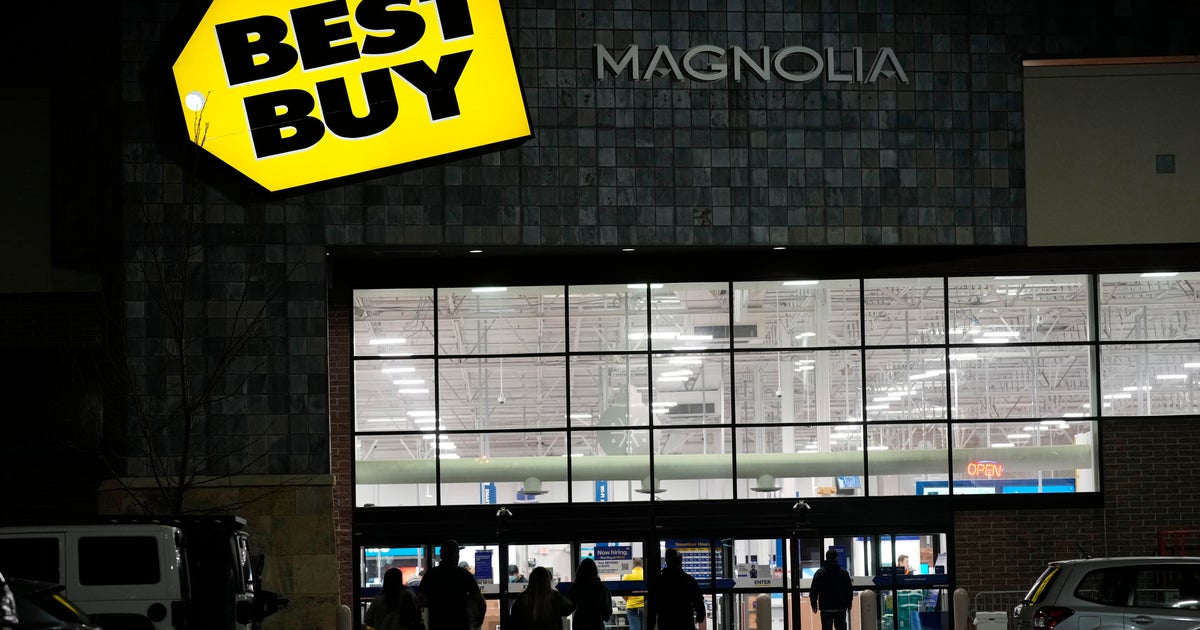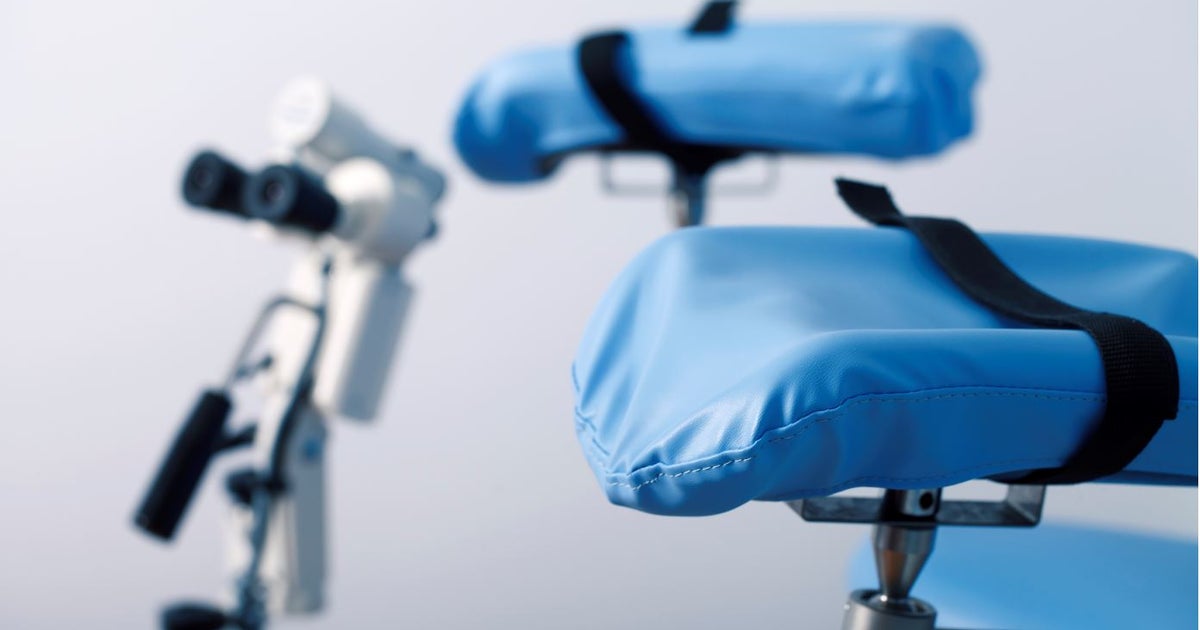COVID In Minnesota: Data Show State's Conservative Counties Have Lower Vaccination Rates, Reflecting National Trend
MINNEAPOLIS (WCCO) -- Counties in Minnesota with the lowest vaccination rates voted for Donald Trump in the 2020 election by large margins, state data from the health department and secretary of state's office show, reflecting a national trend of partisan differences when it comes to taking the COVID-19 vaccine.
A recent CBS News poll shows that Republicans are more likely than Democrats to say they will not get the vaccine at 29% compared to 6%. For registered Independents, that number is 26%. The survey also shows conservatives believe President Biden is doing "too much" in his focus on getting shots in arms.
Data in Minnesota shows counties with lower rates of vaccination have something in common: they tend to be more rural and vote conservative, according to breakdowns from the Minnesota Department of Health compared to 2020 election results by county.
Clearwater County, for example, has 43% of its 16+ population vaccinated—the lowest of all counties—and it swung for former President Donald Trump by nearly 45 percentage points. Cook County, by contrast, has the highest vaccination rate at 83% and voters there supported President Joe Biden over Trump by a margin of 35%.
That same CBS News poll shows half of the unvaccinated population cite mistrust in government as a reason for not getting the shot.
That's why the Minnesota Department of Health says it's targeting its outreach now with trusted community partners. Officials are concerned about the wide discrepancies in vaccination rates among the different counties.
For the first weeks of the vaccine rollout, there was a surge in demand and not enough supply to meet the need. Now, supply exceeds demand and mass vaccination sites have closed, shifting the approach to smaller scale opportunities to get vaccinated, Infectious Disease Director Kris Ehresmann said.
"We're looking at how do we make sure we continue to offer vaccine that is available people in local and familiar locations. We continue to engage trusted partners to provide messages," she said in a recent interview. "I think the bottom line is we're not giving up."
MDH is hosting "Community Conversations" across the state, which are in-person meetings where people can share concerns about the vaccine and get answers from health professionals, a spokeswoman said by email. There's also a marketing campaign featuring Minnesota doctors addressing common misconceptions.
Legislative Democrats on Thursday called on their Republican colleagues to actively combat vaccine misinformation, which the U.S. Surgeon General in his first advisory called a "serious threat to public health."
"We're speaking not as partisans, but as people trusted with the well-being of those who sent us to the capitol to represent their interests," said Sen. Erin Murphy, DFL-St. Paul, who is a registered nurse. "We are calling on and encouraging our colleagues from either side of the aisle to get square with the information and stop the spread of misinformation."
Aides to Republicans in the legislature dismissed the news conference as "irresponsible" and an act of "political gamesmanship."
Dr. Madeleine Gagnon, associate medical director of pediatrics at Gillette Children's who appeared with DFL lawmakers at the capitol Thursday, said separating fact from fiction is more important than ever with the spread of the Delta variant of the disease circulating, accounting for 83% of new cases in the U.S.
She said she commonly hears people say they don't need the vaccine because they have contracted COVID-19 previously, but she noted that the new strain can still cause harm.
"The Delta variant impacts many people, especially those unvaccinated and younger so this is a call more than ever to get vaccinated if you have not done so," she said.
Of the new cases in Minnesota, 75% of them are the Delta variant.



